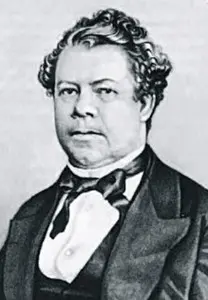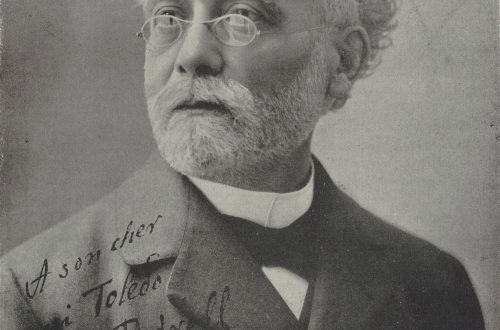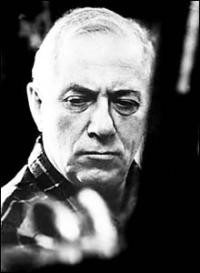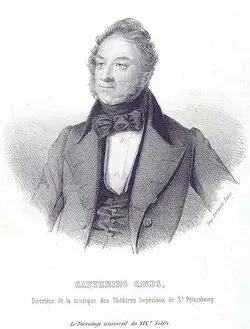
Alexander Ivanovich Dubuque (Alexandre Dubuque) |
Alexander Dubuque

Russian pianist, composer and teacher. Studied with J. Field. He lived in Moscow, where he gained fame as a pianist, piano teacher, as well as the author of piano and vocal compositions. Toured in the provincial cities of Russia. B 1866-72 professor at the Moscow Conservatory. H. D. Kashkin, G. A. Laroche, H. C. Zverev, and others took lessons from him.
Dubuc is the author of the work “Piano Playing Technique” (1866, 4 lifetime editions), accepted as a guide at the Moscow Conservatory. He was friends with AH Ostrovsky, creatively associated with guitarist MT Vysotsky.
Dubuc’s playing was distinguished by melodiousness of tone, expression, and artistry. The successor of Field’s school, Dubuc introduced into Russian pianism the characteristic features of Field’s performing style: classical balance, perfect sound evenness and the “pearl playing” techniques associated with it, as well as salon elegance, gentle dreaminess, close to sentimentalism.
In Dubuc’s concert and composing activities, the element of enlightenment and popularization occupied a large place; performed his piano arrangements (40 songs by F. Schubert, “Song of the Orphan” from the opera “Ivan Susanin”, “The Nightingale” by A.A. Alyabyeva, etc.), variations on the theme “Carnival of Venice” by H. Paganini, plays in polyphonic style on Russian folk themes (“Etude in Fugue Style” C-dur, Fughetta, etc.). Dubuc’s work, especially in the 40s and 50s, reflected some of the characteristic features of the emerging Russian piano style of that time, which relied on the melody of a peasant song and urban romance (sometimes guitar-gypsy). He widely used the themes of romances by AE Varlamov and AA Alyabyev in his piano pieces. Dubuc’s piano music of this period absorbed the romantic elements of the work of M. I. Glinka and J. Field. In his numerous songs and romances (including lyrics by AB Koltsov, P. Beranger) Dubuc generalized the prevailing intonations and rhythmic formulas of Moscow musical life and dialect.
Dubuc is the author of transcriptions for piano (2 sb.) of songs and romances of Moscow gypsies, sb. “Collection of Russian Songs with Variations for Piano” (1855), pl. salon fp. plays in various genres and forms popular in Moscow. lordly-bureaucratic, merchant and artistic. environment. He wrote the school “Piano Playing Technique” (1866), a collection of piano pieces for beginners “Children’s Musical Evening” (1881) and memoirs about J. Field (“Books of the Week”, St. Petersburg, 1848, December).
B. Yu. Delson





